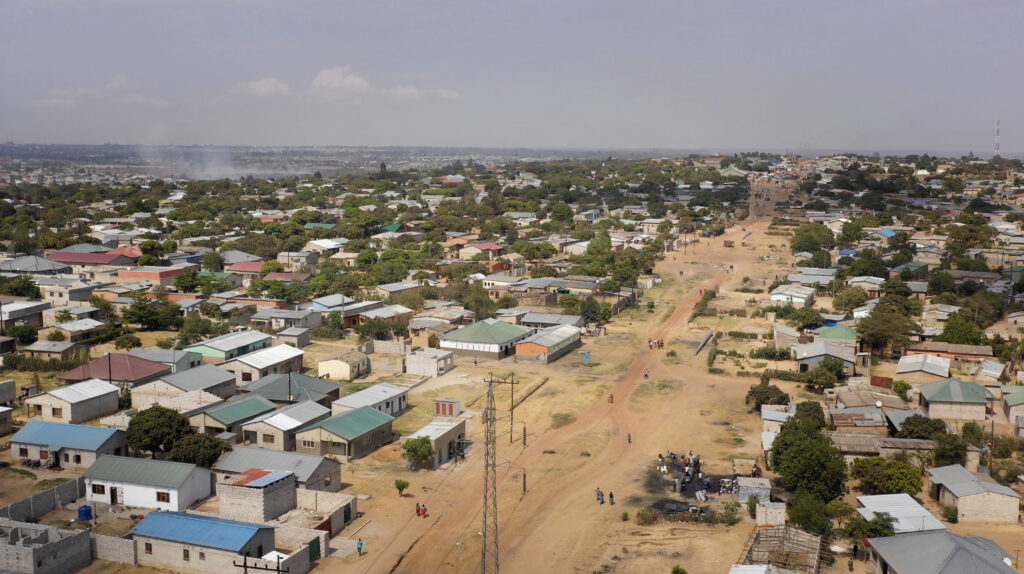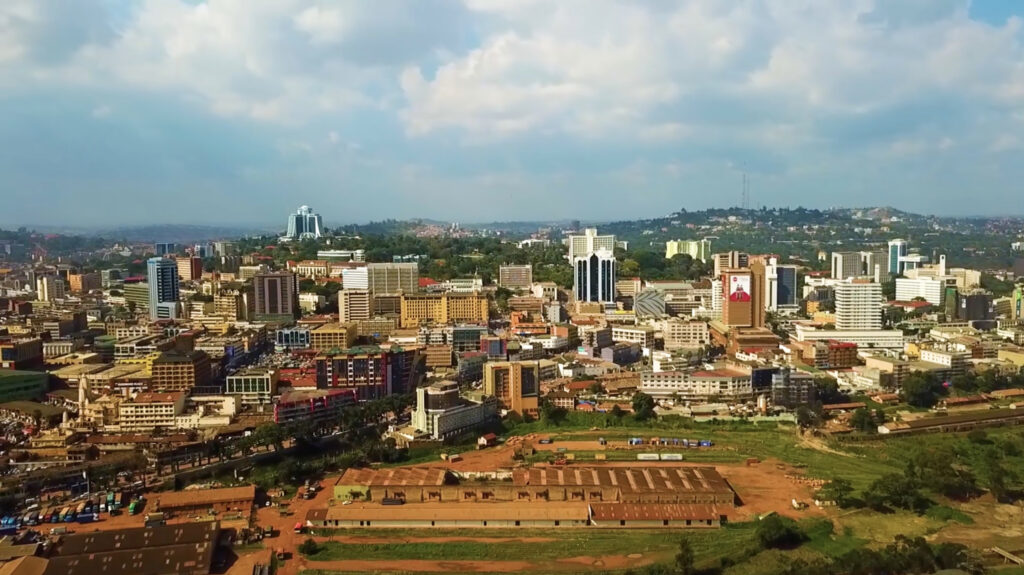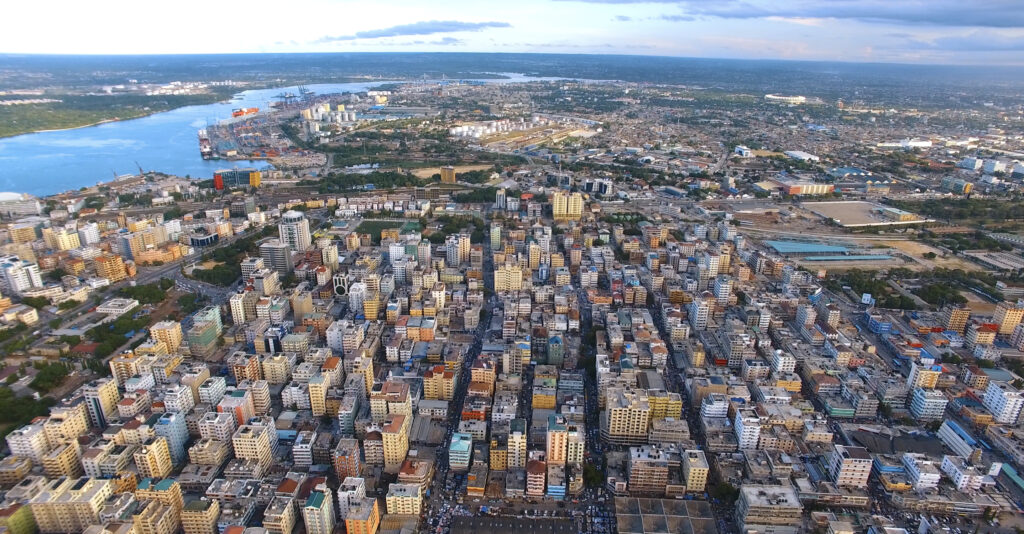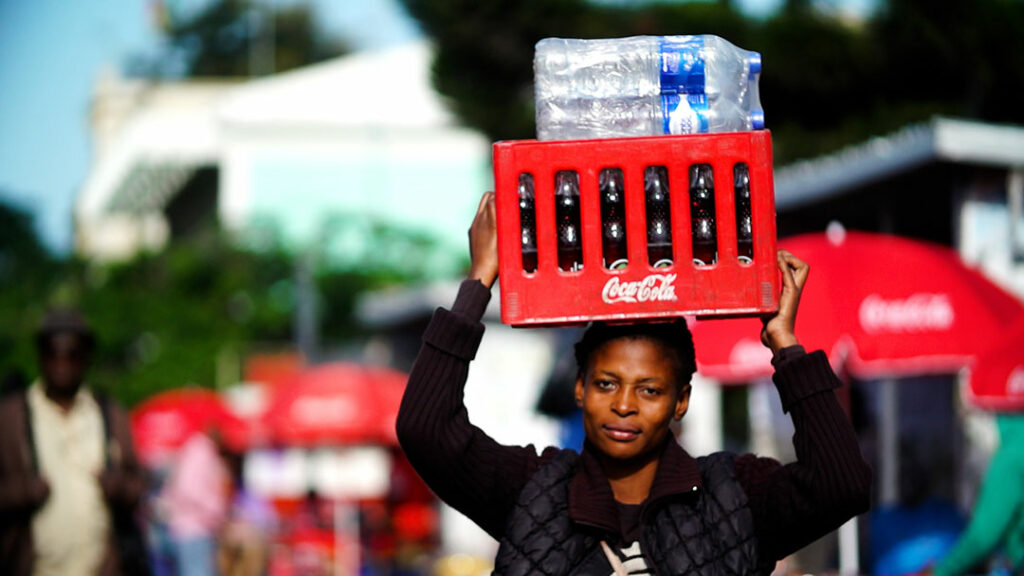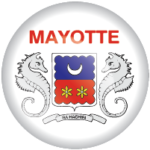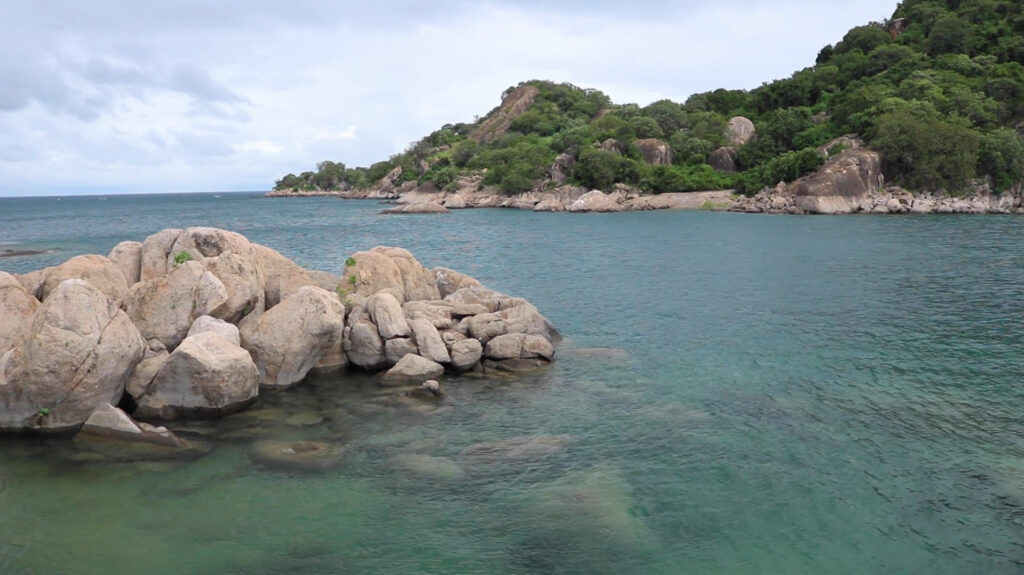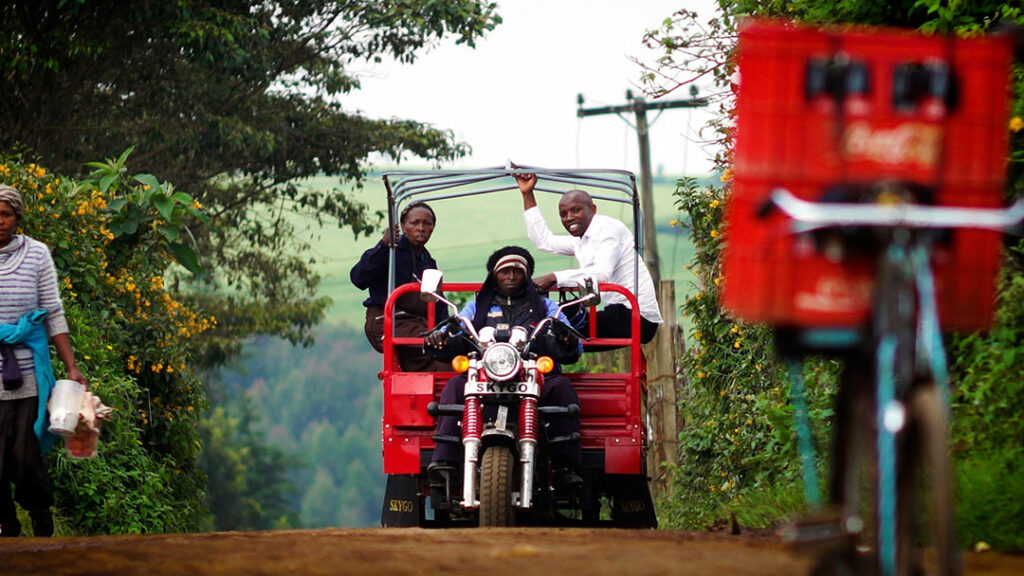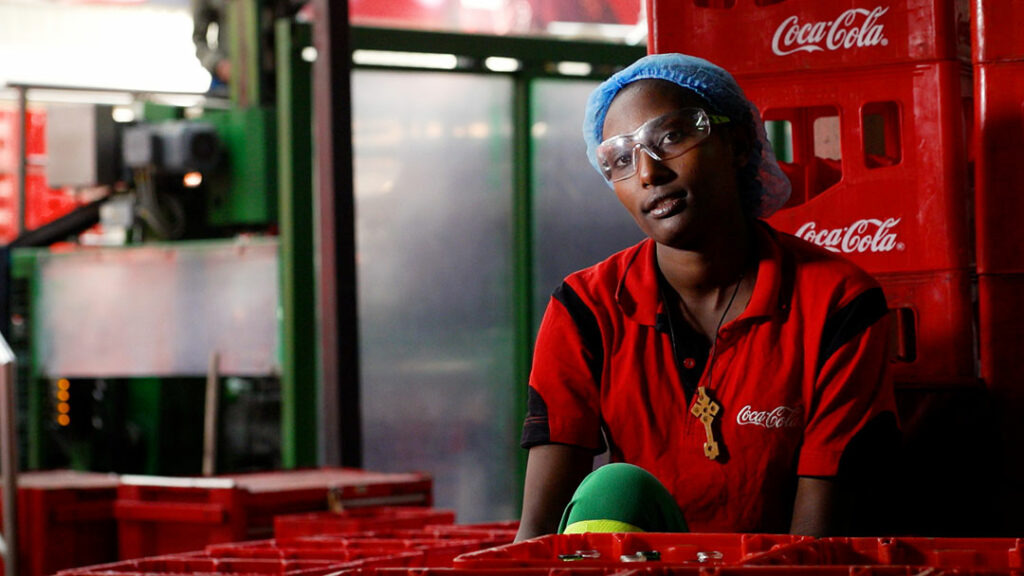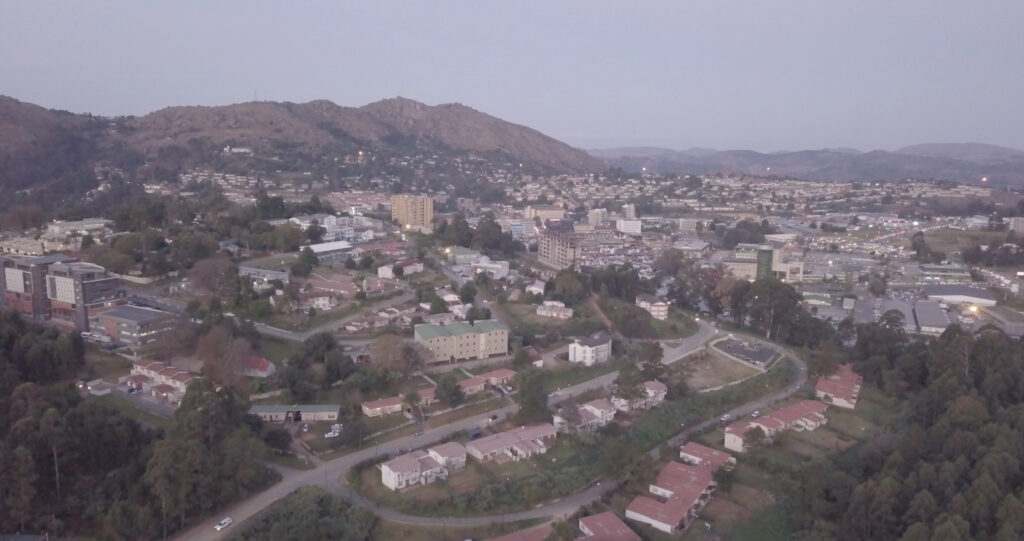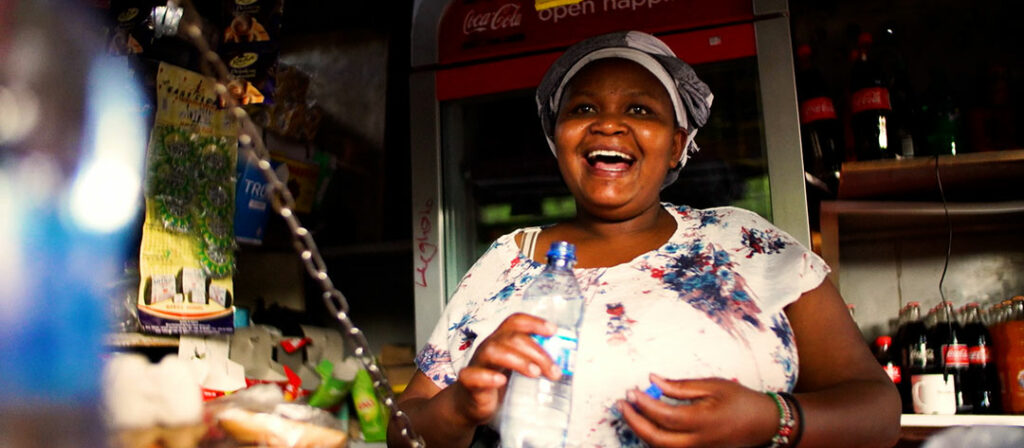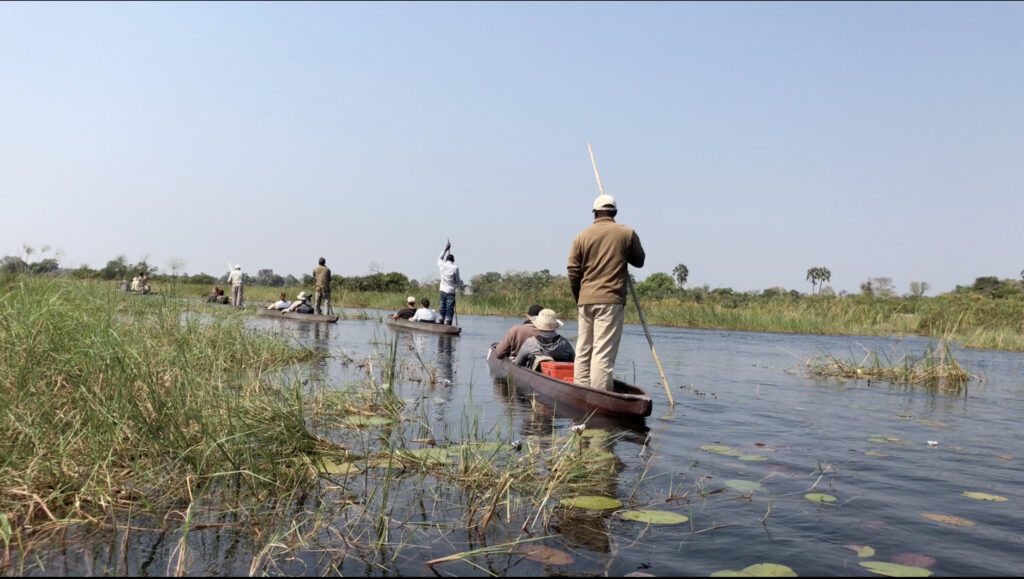Lusaka – A flourishing circular economy for plastic waste which will prevent needless plastic pollution and stimulate entrepreneurship and employment is within reach.
This was the message from Diana Sibanda, Coca-Cola Beverages Africa (CCBA) Head of Sustainability, at a Southern African Development Community (SADC) conference on the circular economy in Lusaka, Zambia.
Sibanda said there was a need for SADC governments to work together to support the development of an effective circular economy that made recycling viable based on the Extended Producer Responsibility (EPR) model.
“One of the most valuable environmental interventions in addressing poor waste disposal and achieving circularity is setting up the right Extended Producer Responsibility mechanisms and policies,” she said.
With the EPR model, producers pay a fee to a Producer Responsibility Organisation (PRO), such as PETCO in South Africa, which then uses the funds to establish the collection and recycling value chain by building capability and capacity, supporting collection and stimulating demand for recycled material.
The model has been extremely successful since PETCO was established in South Africa, growing from collection and recycling of 9,000 tonnes of PET in 2005 to more than 92,000 tonnes in 2021, and an average price paid of around 50c/kg of PET in 2005 to around R3.80/kg in 2021, showing an increase in both volume and value.
CCBA has, in partnership with like-minded businesses, helped initiate similar PROs in Kenya, Ethiopia and Tanzania.
However, in Africa and other developing economies, the market for recycled plastic in many countries is too small to support investment in costly recycling plants, yet the rules governing the movement of plastic waste across borders prevent the establishment of such plants to service more than one country.
“We need an enabling regulatory framework which would facilitate the movement of materials across borders to create the economies of scale we need to unlock greater investment in recycling facilities,” Sibanda said.
“At CCBA, we are a proud industry leader in developing increasingly sustainable ways to manufacture, distribute and sell our products and we strongly support the expansion of the EPR model to more countries in Africa.
“We use our industry leadership to be part of the solution to achieve positive change in the world and to build a more sustainable future for our planet.
“Our commitment is to invest in our planet and our packaging, to help make the world’s packaging problem a thing of the past.
“The Coca-Cola Company and all its bottling partners are leading the industry to help collect and recycle a bottle or can for every one we sell by 2030. We’re working to bring people together to help us collect and recycle a bottle or can for every one we sell.
“Regardless of where it comes from, we want every package to have more than one life,” Sibanda said.
*Update* On December 2, 2024, The Coca-Cola Company announced updated voluntary environmental goals. Read more here: The Coca-Cola Company Evolves Voluntary Environmental Goals
